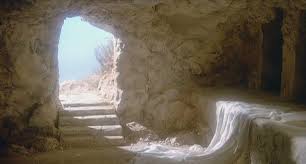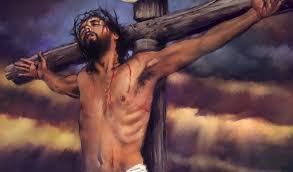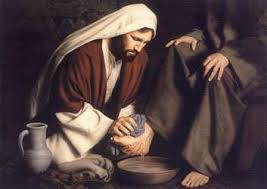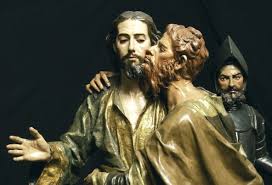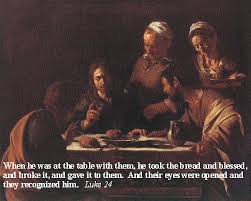
As they came near the village to which they were going, he walked ahead as if he were going on. But they urged him strongly, saying, ‘Stay with us, because it is almost evening and the day is now nearly over.’ So he went in to stay with them. When he was at the table with them, he took bread, blessed and broke it, and gave it to them. Then their eyes were opened, and they recognized him; and he vanished from their sight. They said to each other, ‘Were not our hearts burning within us while he was talking to us on the road, while he was opening the scriptures to us?’ That same hour they got up and returned to Jerusalem; and they found the eleven and their companions gathered together. They were saying, ‘The Lord has risen indeed, and he has appeared to Simon!’ Then they told what had happened on the road, and how he had been made known to them in the breaking of the bread. (Luke 24:28-35 NRSV).
The Gospel we heard last Sunday about the encounter with the Risen Jesus and Thomas is one of my favorite Easter stories. This Sunday’s reading of the Road to Emmaus and the breaking of the bread is also one of my favorites. Among the reasons I love it, is that it is the chosen Gospel reading used at Vespers on Easter Day. It is such a moving Gospel to read at that moment.
Imagine what this experience was like for those first Disciples. The range of human emotions from the beginning to the end; coupled with the words and actions of the Risen Christ in the breaking of the bread are mysterious and wondrous.
The mystical moment in this story that is a source of deep contemplation is that Jesus listened intently to what was in their hearts, responded with truth and good counsel and fed their bodies and souls. It is its own Lectio Divina moment. The Word comes to us where we are, listens, responds and then grants us through God’s grace a vision of God’s Self that can be viewed only through the eyes of faith. It is another example in which contemplative prayer is something we experience by God’s random act of grace, and leads us to God’s vision of how God sees us. God the Holy Spirit comes to feed our hungry souls with Jesus, the Bread of Life and the Cup of Salvation. It is up to us as to how we respond to this experience, and how much we trust God in the here and now to lead us forward.
“What can be sweeter to us, dear brethren, than this voice of the Lord inviting us? Behold, in His loving kindness the Lord shows us the way of life” (St. Benedict’s Rule for Monasteries, p 2).
Is your heart burning as the Risen Christ speaks to you?
Amen.
Brother Anselm Philip King-Lowe,OSB

